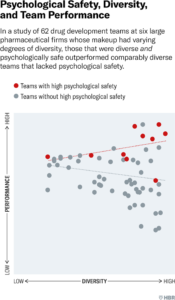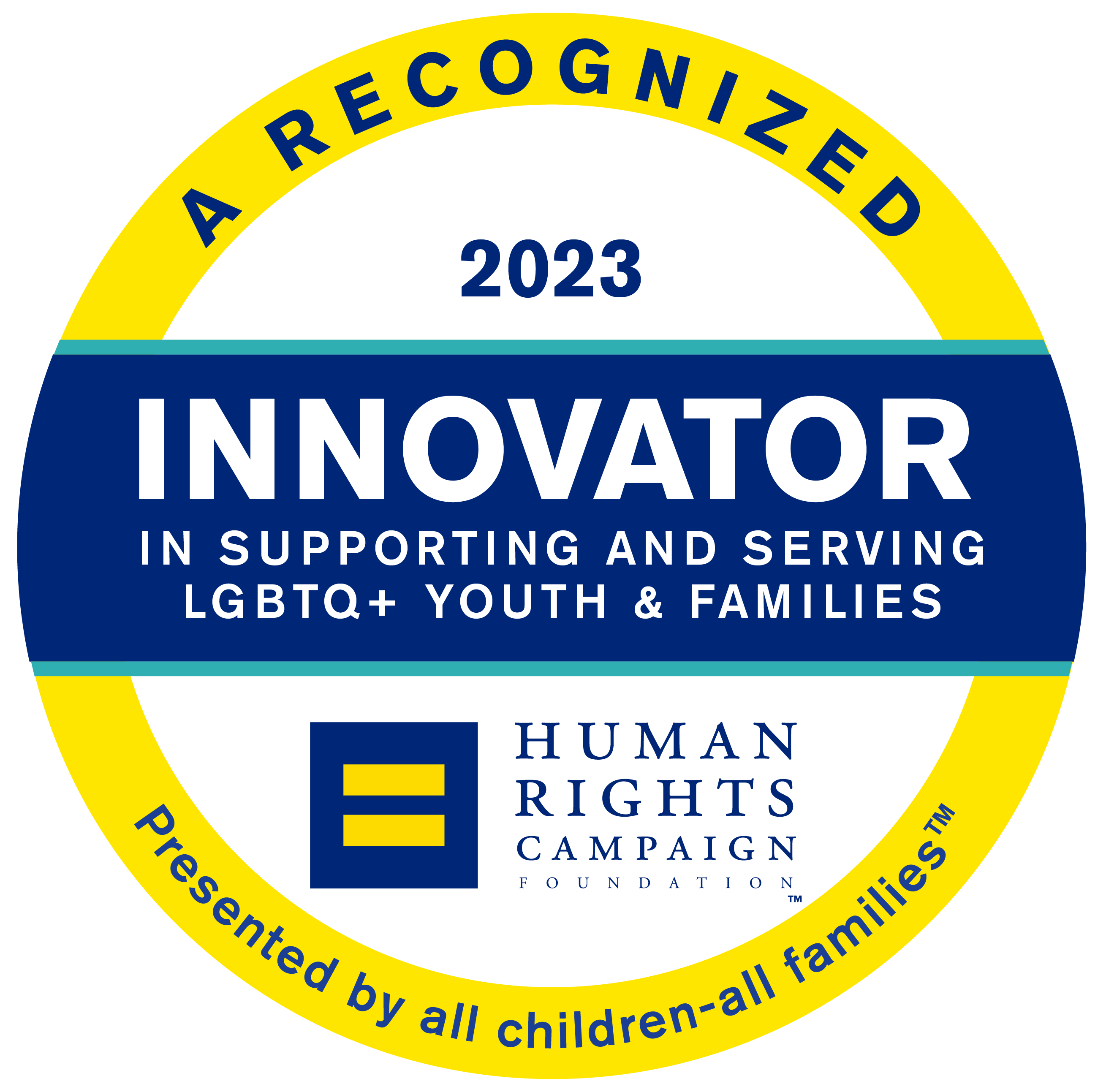Workplace Psychological Safety
— BRAVE CONVERSATIONS SERIES —
A Deliberate Approach to Diversity, Equity, and Inclusion
Lawrence Hall’s DEI Committee strives to ensure Lawrence Hall is a diverse, equitable environment of belonging and inclusivity. Having “brave conversations” about diversity, equity, and inclusion (DEI) in the workplace is a necessity for healthy company culture and requires honesty, compassion, and self-reflection of all involved. Our Brave Conversations Series highlights topics not normally discussed but that have deep, personal impacts on our staff, youth, families, and communities.
April is Arab American Heritage Month, so this month’s Brave Conversations will attempt utilize issues facing Arab Americans to shape understanding of the need for DEI initiatives. Today’s topic is workplace psychological safety
What is psychological safety?
Psychological safety is the belief that you won’t be punished or humiliated for speaking up with ideas, questions, concerns, or mistakes. What is psychological safety at work in particular? It’s a shared belief held by members of a team that others on the team will not embarrass, reject, or punish you for speaking up.
How does psychological safety pertain to DEI?
 You may look around at your coworkers and say, “we are a diverse team,” but being diverse is just one part of it. You must ask yourself; do you feel like you belong to that team? There is a worldwide consensus that more diverse teams will outperform less diverse teams. The thought is that different perspectives, ideas, and opinions in diverse teams are essential to achieving breakthrough and innovation. Which in theory is true, but in practice diverse teams often underperform relative to non-diverse teams. Why? They face communication challenges that get in the way. People with similar backgrounds share norms and assumptions about how to behave, how to set priorities, and at what pace to do the work. When team members come from different backgrounds, these taken-for-granted habits frequently clash, leading to misunderstanding and frustration. Being diverse is not being inclusive.
You may look around at your coworkers and say, “we are a diverse team,” but being diverse is just one part of it. You must ask yourself; do you feel like you belong to that team? There is a worldwide consensus that more diverse teams will outperform less diverse teams. The thought is that different perspectives, ideas, and opinions in diverse teams are essential to achieving breakthrough and innovation. Which in theory is true, but in practice diverse teams often underperform relative to non-diverse teams. Why? They face communication challenges that get in the way. People with similar backgrounds share norms and assumptions about how to behave, how to set priorities, and at what pace to do the work. When team members come from different backgrounds, these taken-for-granted habits frequently clash, leading to misunderstanding and frustration. Being diverse is not being inclusive.
The are many historical barriers to psychological safety amongst diverse teams. Microaggressions—subtle acts of exclusion that demean, belittle or harm—can reinforce an insider/outsider dynamic and undermine psychological safety. A comment about a Black worker’s hairstyle or an Asian colleague’s accent, or an assumption that a Latinx worker can easily translate a document into Spanish, or endorsing stereotypes that Arab-Americans all wear head coverings; all undermined trust and destroy any sense of psychological safety.
A 2007 study done by Derald Wing Sue discusses how individuals who were born, raised, or lived a significant amount of time in the US are still often treated like foreigners. Many of these participants were Arab-American and spoke on their experiences of not feeling psychologically safe. One participant shared: “I walked up and he [coworker] goes, ‘What are you, Indonesian?’ You know he made it seem like I must be from another country or something.” Often Arab-Americans experience situations in which others make them feel as if they do not belong in the US, even though they were born in the US or consider the US to be their home. Such experiences communicate that these individuals do not belong in the US, subtly communicating that there is a certain way of being or looking American.
One participant discussed an incident in which she introduced herself during class in a large lecture hall: “Everyone just got up and was just like staring at me . . . but they didn’t say anything.” Because of her Arabic name, she felt that everyone went out of their way to look at her. But although no one said anything blatantly discriminatory, she still felt uncomfortable by her peers. These scenarios communicated a message that the participants did not belong, were not welcome, or both. As a result, participants reported feeling angry, sad, belittled, and frustrated.
A workplace that does not have real inclusion can lead to a bevy of microaggressions nurtured by homogeny, making people too afraid to contribute their thoughts in meetings, participate in discussions, or take risks in their work because any misstep could be used to harm their credibility and damage their standing in the organization. A psychologically unsafe environment can be devastating to our self-esteem and mental health. Going into work and being constantly fearful that our expertise is going to be questioned, mocked, attacked, or disregarded is fundamentally unhealthy.
What can you do?
FOR LEADERSHIP
- Approach conflict as a collaborator, not an adversary. We humans hate losing even more than we love winning. A perceived loss triggers attempts to reestablish fairness through competition, criticism, or disengagement, which is a form of workplace-learned helplessness.
- Speak human to human. Underlying every teams “who-did-what” confrontation are universal needs such as respect, competence, social status, and autonomy. Recognizing these deeper needs naturally elicits trust and promotes positive language and behaviors. Paul Santagata, Head of Industry at Google reminded his team that even in the most contentious negotiations, the other party is just like them and aims to walk away happy. He led them through a reflection called “Just Like Me,” which asks you to consider:
- This person has beliefs, perspectives, and opinions, just like me.
- This person has hopes, anxieties, and vulnerabilities, just like me.
- This person has friends, family, and perhaps children who love them, just like me.
- This person wants to feel respected, appreciated, and competent, just like me.
- This person wishes for peace, joy, and happiness, just like me.
- Ask for feedback on delivery. Asking for feedback on how you delivered your message disarms your opponent, illuminates blind spots in communication skills, and models fallibility, which increases trust in leaders. Santagata closes difficult conversations with these questions:
- What worked and what didn’t work in my delivery?
- How did it feel to hear this message?
- How could I have presented it more effectively? For example, Santagata asked about his delivery after giving his senior manager tough feedback. His manager replied, “This could have felt like a punch in the stomach, but you presented reasonable evidence and that made me want to hear more. You were also eager to discuss the challenges I had, which led to solutions.”
- Measure psychological safety. Santagata periodically asks his team how safe they feel and what could enhance their feeling of safety. In addition, his team routinely takes surveys on psychological safety and other team dynamics. Some teams at Google include questions such as, “How confident are you that you won’t receive retaliation or criticism if you admit an error or make a mistake?” Ask your people! Through a combination of surveys and frequent check-ins, try to find out what holds them back from feeling able to be completely open and honest at work.
- Support employees to understand and learn from each other’s intersectionality. The different demographics are part of and how those characteristics affect how we experience daily life. You could do this through activities designed to encourage conversations about different backgrounds, or by highlighting voluntary work that certain employees do in their communities.
FOR EMPLOYEES
- Know you aren’t alone. When you are in an unsafe situation and feel like you can’t be honest, it’s natural to feel isolated and alone. However, in reality, everyone meets this kind of experience at some point in their life and chances are many of your colleagues are dealing with the same experience. You’ll want to resist the tendency to create a “culture of complainers,” but it is important to create a support network — people who provide encouragement and who challenge each other to take responsibility to change.
- Try to keep calm when you feel threatened or ignored or shut down. Forcing yourself to keep your emotions in-check is challenging, especially in the moment. But remaining cool, calm, and collected will keep you thinking clearly so you can better defend your idea or argument. For example, do you feel judged, dismissed, or evaluated unfairly; and if so, how? Do you feel someone is bullying or harassing you; and if so, what exactly are they doing? Do you feel that someone in a position of authority is expecting something from you that compromises you in some way; and if so, what exactly are they demanding? Do you feel like your ideas are not respected and valued; and if so, how?
- Keeping calm also means avoiding getting too invested in the petty squabbles, politicking, and power struggles that are common in psychologically unsafe workplaces. Getting mixed up in that kind of culture will never work out for you in the long run. In the wise words of Marla Daniels from The Wire, “The game is rigged, but you cannot lose if you do not play.”
- Be the change you want to see in the world. It’s a cliche, sure, but it’s a useful one, especially if you’re in a bad work situation. You can soldier on and be a good example of the kind of culture that could be, facilitating open communication and constructive criticism, supportive of new ideas, able to provide helpful feedback, upholding of company values, your example could begin to change things over time, at least within your own team. You can throw caution to the wind and speak up, facing punishment or humiliation you might receive. This why you put the spotlight on their behavior.
RESOURCES
Why People Don’t Speak Up at Work
Leveraging Diversity Through Psychological Safety
The Role of Psychological Safety in Diversity and Inclusion
5 Steps and 15 Work Practices to Enhance Psychological Safety
What we can learn about psychological safety from Pixar
MOVIES
Ford V Ferrari (2019) — directed by James Mangold
Monsters, INC (2001) — directed by Pete Docter
The Intern (2015) — directed by Nancy Meyers
Barbershop (2002) — directed by Tim Story
TV SERIES
Parks and Recreation (Peacock)
Superstore (Peacock)
Scrubs (Hulu)
BOOKS
Black Fatigue: How Racism Erodes the Mind, Body, and Spirit
Mary-Frances Winters
Psychological Safety: The key to happy, high-performing people and teams
Dr Dan Radecki PhD and Leonie Hull
The Fearless Organization: Creating Psychological Safety in the Workplace for Learning, Innovation, and Growth
Amy C. Edmondson
Subtle Acts of Exclusion: How to Understand, Identify, and Stop Microaggressions
Tiffany Jana
MUSIC
Morning Train (Nine To Five) — Sheena Easton
Shiftwork — Kenny Chesney and George Strait
She Works Hard For The Money — Donna Summer
Take This Job And Shove It — Johnny Paycheck
Epiphany — Taylor Swift
9 To 5 — Dolly Parton
PODCASTS
Psychological Safety in Theory and In Practice — The Anxious Achiever
Creating Psychological Safety in the Workplace — Harvard Business Review IdeaCast
The Fearless Organization: Creating Psychological Safety in the Workplace for Learning, Innovation, and Growth — The Innovation Show
Search
Categories
- Blog (15)
- Grants and Awards (5)
- News (75)
Lawrence Hall is a 501(c)(3) organization. Gifts are deductible to the full extent allowable under IRS regulations.
©2025 Lawrence Hall All rights reserved. Site Construction by WorkSite









